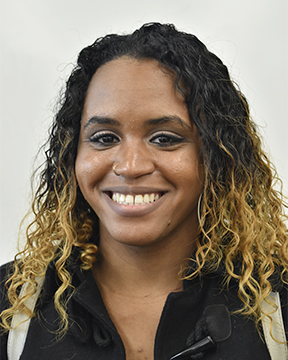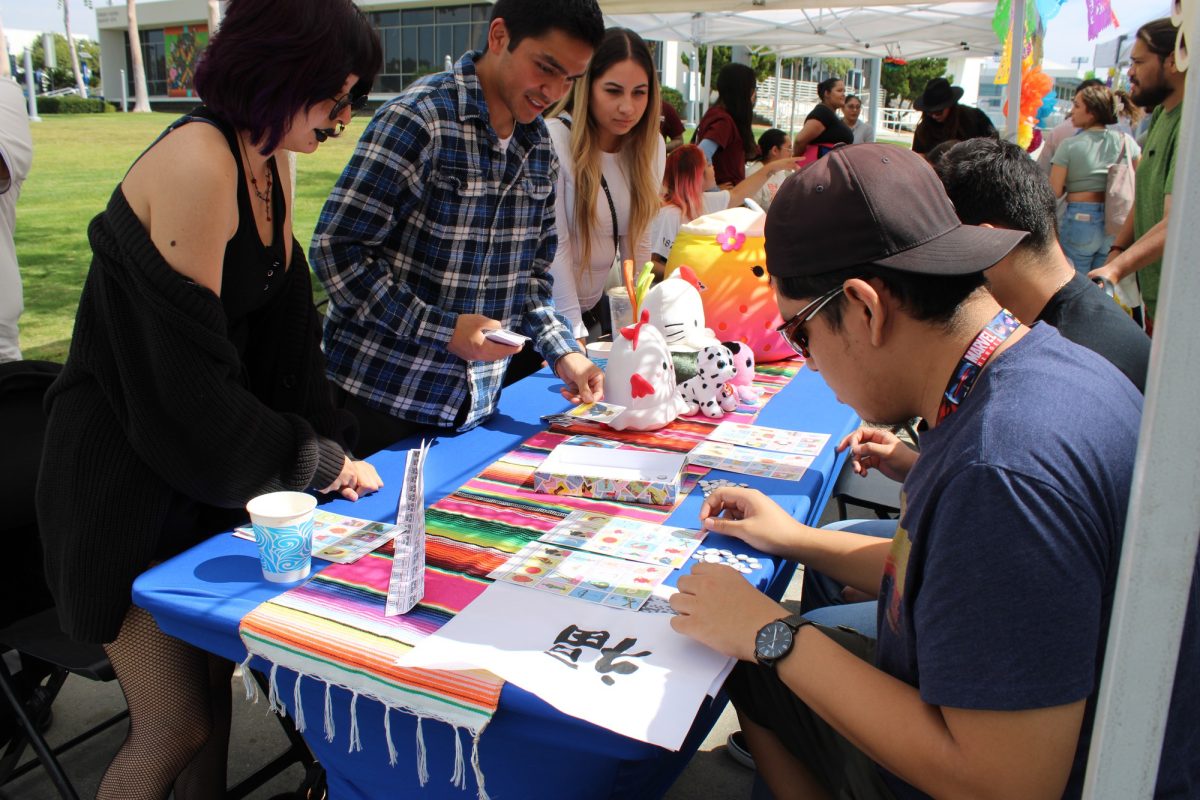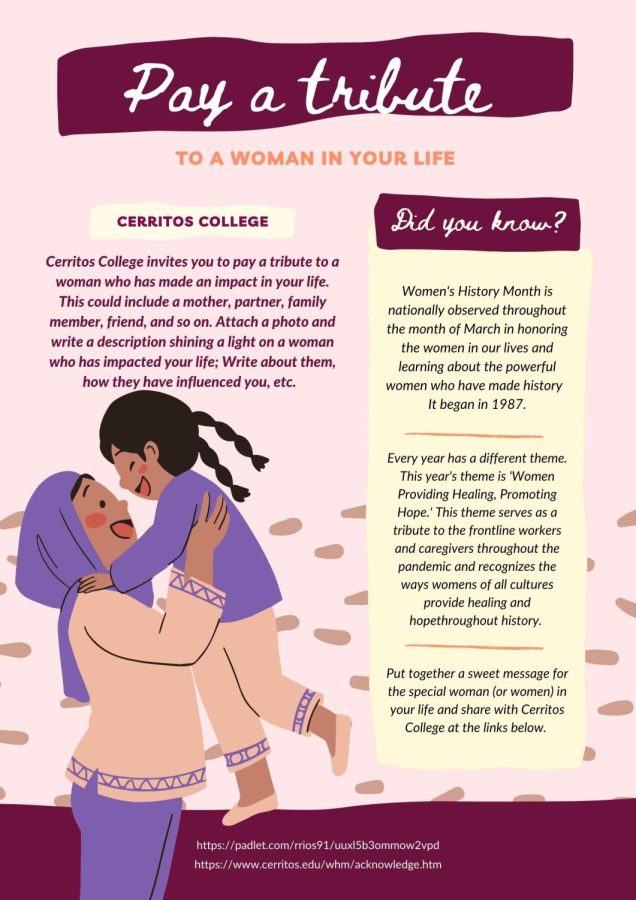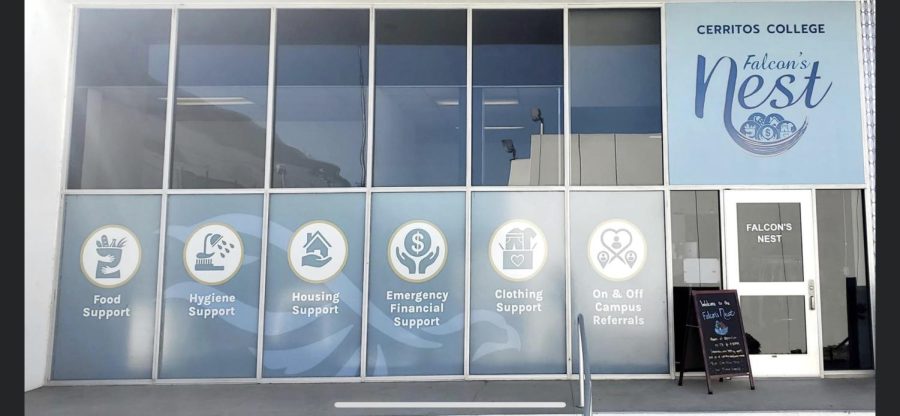Perseverance is a word that describes Gerardo Estrada.
At age eight he came to the United States with his parents from Tijuana Baja California with a dream of a better life.
He and his parents came over legally, using a visa, but never returned to the border peninsula.
“We didn’t have to jump a border or anything crazy like that,” he said explaining how he arrived in the United States.
Estrada lists one of his struggles as having to adjust to a new language.
Adjusting to a New Home
“It took a while to adjust, learning English, but pretty much my parents brought us to give us a better life and a better future.
“One of the struggles would be having to take extra English classes, ESL, I had to take like ten. I caught up pretty well with [the language] it took a year, year and a half. Once I got to seventh or eight grade I already knew how to speak English. When I got to high school [I was put] in ELD once again, I didn’t have an elective, so I had a second English class,” he said.
Another struggle for Estrada was getting to high school and not being able to do the things other high school students were doing such as getting a driver’s license or a job.
“One of my other struggles was thinking I was different from other people. Once I was in high school, I was trying to get my driver’s license but I couldn’t get that because I didn’t have my social security number, that’s when it started hitting me.”
Success in the Face of Adversity
Estrada also stated that he couldn’t get a job. He ended up getting a job “on the side,” as he described it, but described it as nothing serious.
His status as undocumented student also prevented him from setting up and receiving FAFSA.
“One of the struggles I had was when I was a senior, we had this counselor at Bellflower High School, what they would do before the FAFSA deadline, they give a little FAFSA slip where you would [write down] your name and your social, so pretty much they were going to set up your account, so once they passed it out they told me ‘you don’t have a social so you don’t get one.’”
He added, “It was plain, that’s it no explanation or anything so I [said] ‘what am I going to do?’”
Estrada saw this as a turning point where he realized that he had to do something to help his situation.
“I didn’t even know about the Dream Act. The counselors there were not even aware. One of my counselors was only telling me about Deferred Action for Childhood Arrivals, which is a working permit.
“He wasn’t telling me about the Dream Act, which had passed in June 2012 and the thing is he didn’t know about it, they had to go talk to two career counselors and a counselor from Cal State Los Angeles and Domiguez. They had to contact a lot of universities eventually, they got it,” he stated.
Estrada noted that it took three to four months for the whole process to take place.
“They’re busy people too, eventually I passed the deadline for the Dream Act, luckily [my counselor] helped me write a letter, like a petition, that’s how I got financial aid to attend Cerritos College.”
Another struggle that he had to overcome was last year during a semester at Cerritos College.
Being Viewed as a Threat
“The physics department had a Nasa trip to the Neil Armstrong center and they sent me an email through OrgSync. I looked into it, I liked it, so I [decided] to give it a try. It didn’t say [anything about needing] to be a full time student, engineering major, or physics, or mathematics [major, nor] did it say [anything] about being a U.S. citizen.
“Apparently, I wasn’t allowed to be on the campus [and] I was considered a threat supposedly. I didn’t know [that you needed to be a citizen], I felt like they should’ve put it in the requirements. One of the things I struggle with is I think some faculty or some staff aren’t aware of [how] we have different needs, or how to handle [situations],” he said.
He continued, “To be honest [being considered a threat] kind of hit me, but not too much because I’m still trying to try out new things.”
Finding Support in Family, Friends, and School
Estrada acknowledged that he wants to go further and not give up because his family is really supportive of him.
“I feel like most undocumented families come here for their kids to have a better future. They’re always very supportive. I appreciate that, especially my mom, she’s my motivation because she does all this stuff.”
In terms of receiving help at Cerritos, DREAM club co-advisor Lynn Wang has become apart of Estrada’s support system.
“Gerardo [Estrada] has been pleasant to work with, he is a critical thinker. He always keeps his promise and take on responsibilities that he can endure. He has helped out for our homecoming float, fundraisers, high school outreach event at Marco Firebaugh High School, and he actively recruited educators and fellow students during the ‘Educators Coming Out’ day,” she said.
Wang expressed that the DREAM Club serves as a support system for him.
“The club members encourages each other to do well in school. Also, the club advisors can assist him with his educational planning and any financial aid related questions, which can make the educational journey less intimidating.”
Estrada plans to pursue being an engineer for his future career field.








